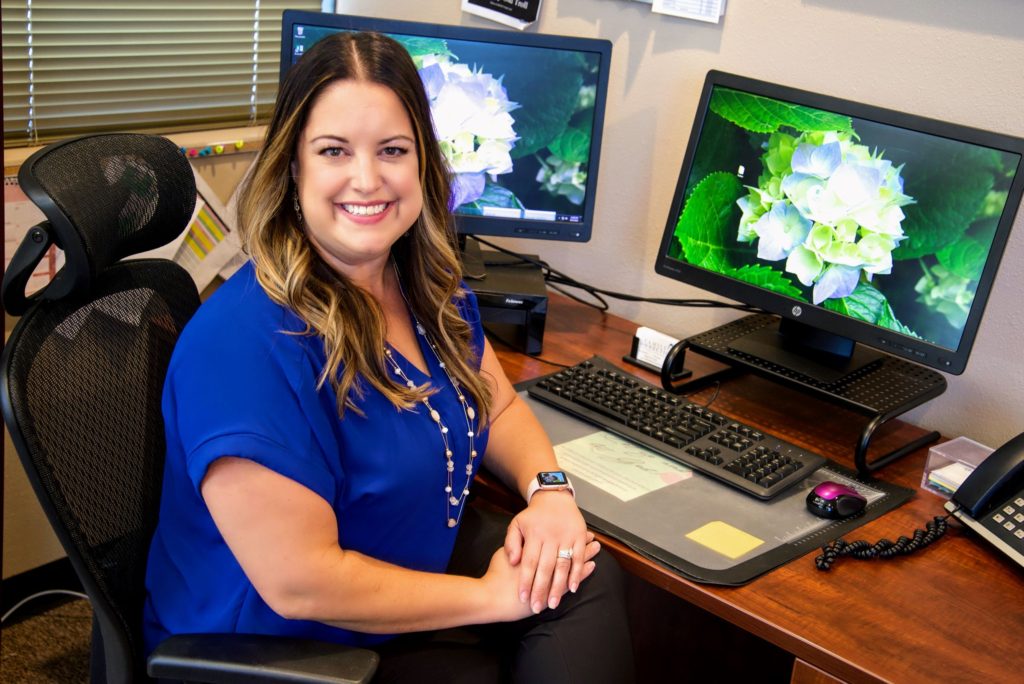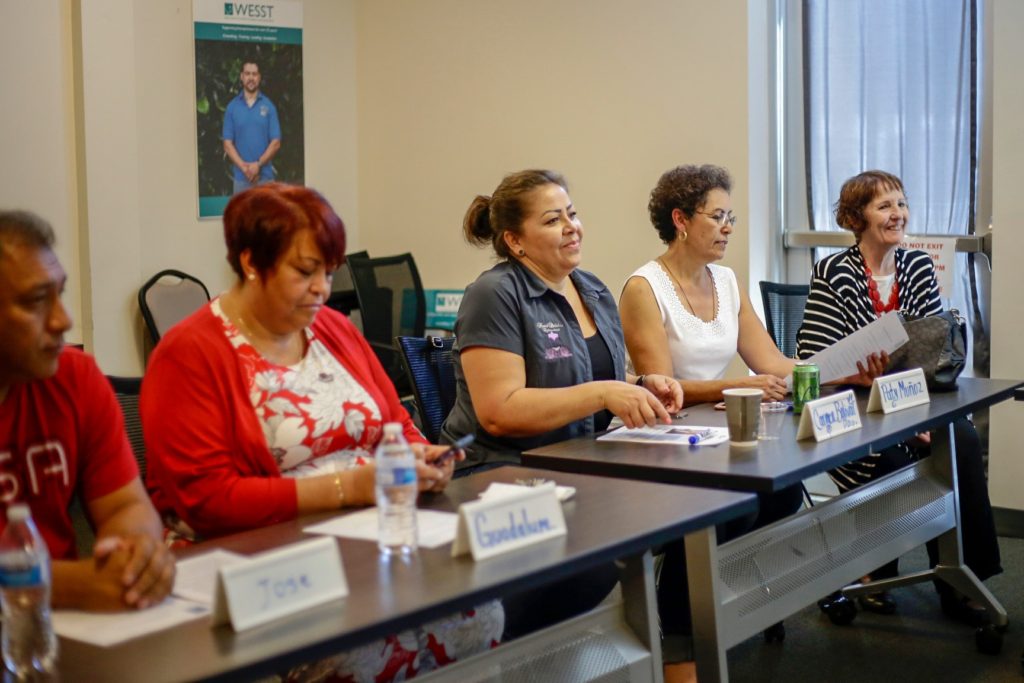
When the novel coronavirus pandemic reached the U.S. early this year, many patients stopped seeking in-person treatment at The Family Connection, a mental-health provider with offices in Albuquerque, Rio Rancho, Los Lunas and Santa Fe. Even though the business was considered essential and thus permitted to operate during statewide shutdowns, cancellations escalated.
“Initially we were unsure of what it was going to look like,” said Amanda Davison, a licensed marriage and family therapist and company CEO. She and her 32 employees developed a hybrid approach, treating some patients in traditional settings and counseling others using online telemedicine platforms.
“For some of our people it’s been a bigger challenge” to maintain the patient-therapist relationship at a physical distance. “We’ve had to be cognizant of which modality is best for each patient — trying to be there for whatever they may need from us. For example, our adolescents: This is their modality of communication, so when they’ve been able to really bring us into their world, they’ve done significantly better.”
As protracted shelter-in-place mandates stressed domestic life, the demand for mental-health care increased, Davison said. “The longer it’s gone on and the longer people have spent time with each other, it’s definitely continuing to tap everyone’s reserves.”
And patients weren’t alone in worrying about the impact of a long-term health crisis. Davison feared she would lose the social workers and therapists in her practice if people stopped asking for help.
When Congress passed the Coronavirus Aid, Relief, and Economic Security (CARES) Act in March, providing $2 trillion in economic stimulus to businesses and individuals affected by COVID-19, Davison received information about small-business relief programs from WESST, a statewide small-business development and training nonprofit that helped her create a business expansion plan in 2015.
That information supplemented what Davison learned from her own research on the Paycheck Protection Program (PPP), which loaned money to employers who resisted layoffs, and the U.S. Small Business Association (SBA) Economic Injury Disaster Loan (EIDL) program. The more details she learned about CARES Act loan provisions, the more Davison shared with her partners at WESST.
“It was pretty tough. We were so early in it, and the applications really did require a lot of patience and reading and resiliency. I spent a lot of really long days and nights reading, asking questions, and getting information anywhere I could because we were so early in the process.”
Her friends at WESST were doing the same thing and appreciated the information.

“I was able to pay it forward and share information with them,” Davison said. “WESST is really good at telling us when they have information and also really good at telling us when they don’t have information and being willing to figure it out. WESST walked alongside us and helped me see that it wasn’t that I just didn’t know the answers. The answers weren’t developed yet. And that helped me understand that I was going to be somewhat of a test case.”
Davison ultimately received two COVID-related emergency loans: a PPP loan through an SBA-approved lender and an EIDL loan via an online application. Not only has it sustained her practice, but now she and her leadership team hope to open a fifth office in southwest Albuquerque where mental-health services are scarce.
Get more information about WESST and The Family Connection.
Finance New Mexico article 670.
